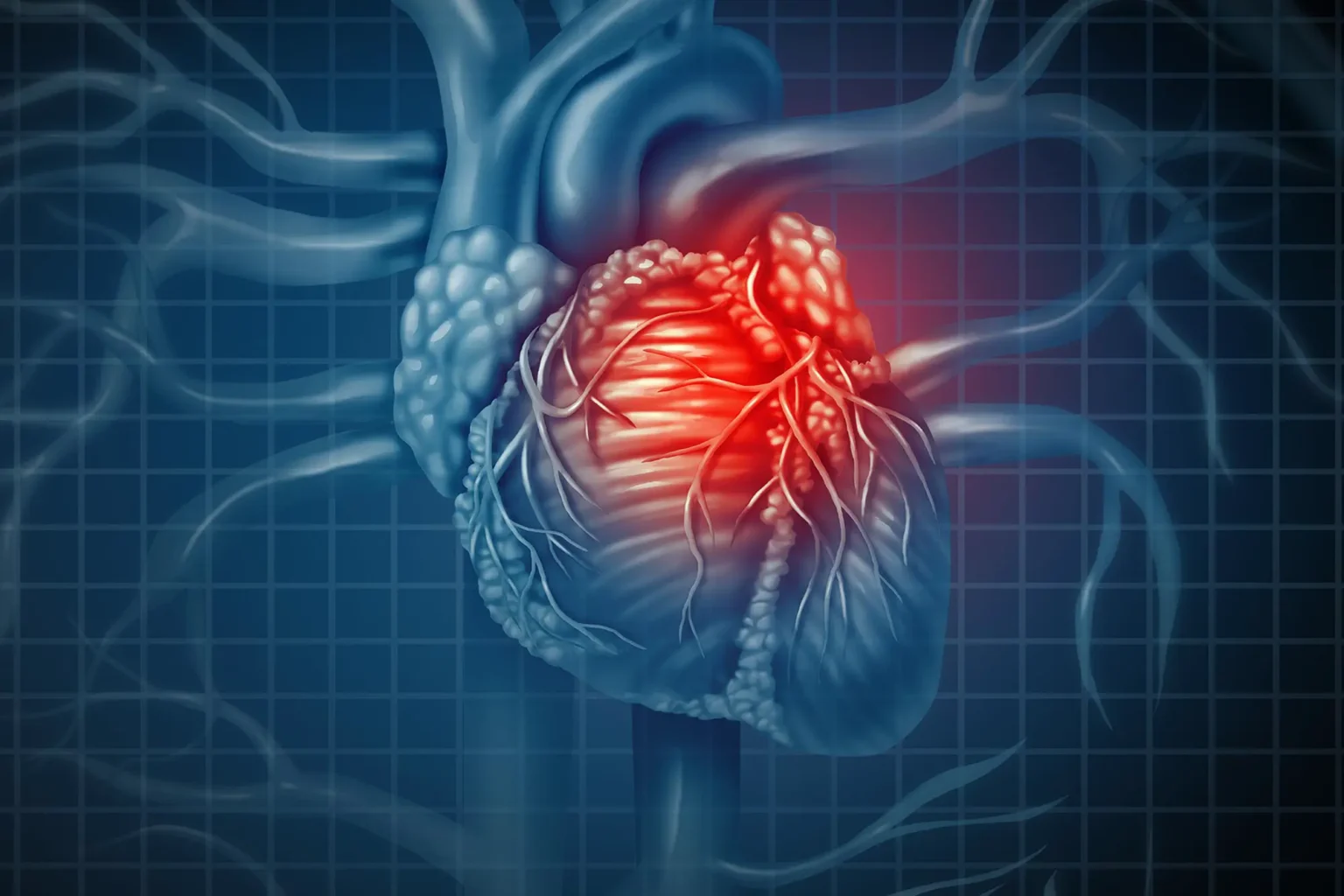
The Mechanics Behind Cardiovascular Health: Unveiling the Path to a Strong Heart
Cardiovascular health, often referred to as heart health, is a topic of paramount importance in today’s fast-paced world. As medical science continues to advance, it becomes increasingly clear that understanding the mechanics behind cardiovascular health is not only crucial for preventing diseases but also for ensuring a high quality of life. In this comprehensive article, we delve deep into the intricate workings of the cardiovascular system, exploring the key factors that contribute to a strong and resilient heart.
The Cardiovascular System: An Overview
The cardiovascular system, composed of the heart, blood vessels, and blood, plays a vital role in maintaining overall health and vitality. At the centre of this system lies the heart, a remarkable organ responsible for pumping oxygenated blood to various parts of the body while simultaneously receiving deoxygenated blood for purification. The blood vessels act as intricate highways, facilitating the transportation of nutrients, oxygen, hormones, and immune cells to the cells and organs.
Mechanisms of Cardiovascular Health
- Healthy Diet and Nutrition: One of the foundational pillars of cardiovascular health is a balanced and nutritious diet. Foods rich in fiber, antioxidants, omega-3 fatty acids, and essential vitamins and minerals contribute to lowering the risk of heart diseases. Incorporating whole grains, lean proteins, fruits, vegetables, and healthy fats into your diet can help manage cholesterol levels and maintain a healthy weight.
- Physical Activity and Exercise: Regular physical activity serves as a catalyst for cardiovascular health. Exercise improves circulation, strengthens the heart muscle, and helps in maintaining optimal blood pressure. Engaging in activities such as brisk walking, jogging, swimming, or cycling for at least 150 minutes per week can significantly enhance heart health.
- Blood Pressure Management: High blood pressure (hypertension) is a major risk factor for cardiovascular diseases. Monitoring and managing blood pressure levels within the normal range (120/80 mm Hg) through lifestyle changes, medication if necessary, and stress reduction techniques can contribute to a healthier heart.
- Cholesterol Control: Elevated levels of bad cholesterol (LDL) can lead to the accumulation of plaque in the arteries, causing atherosclerosis and increasing the risk of heart attacks and strokes. Consuming a low-saturated-fat diet, avoiding trans fats, and, if prescribed, taking cholesterol-lowering medications can help maintain a healthy cholesterol profile.
- Stress Reduction and Mental Well-being: Chronic stress can take a toll on cardiovascular health. Practicing stress-reduction techniques such as meditation, deep breathing, yoga, and engaging in hobbies can positively impact heart health. A healthy mental state is closely intertwined with a strong heart.
- Adequate Sleep: Sleep is the body’s natural way of rejuvenating and repairing itself. Poor sleep patterns and inadequate sleep have been linked to an increased risk of heart diseases. Strive for 7-9 hours of quality sleep each night to support cardiovascular health.
The Role of Genetics
While lifestyle factors play a significant role in cardiovascular health, genetics also contribute to an individual’s predisposition to heart diseases. Understanding your family history and undergoing genetic testing can provide valuable insights into potential risks. Armed with this knowledge, you can take proactive steps to mitigate risks through lifestyle modifications and regular medical check-ups.
Age and Gender Matters
Age and gender are additional factors that influence cardiovascular health. As individuals age, the heart undergoes natural changes, and the risk of cardiovascular diseases tends to increase. Men and women may also experience differences in heart disease symptoms, diagnosis, and treatment. Regular health screenings become increasingly important as you grow older.
Preventing Cardiovascular Diseases: A Lifelong Commitment
Preventing cardiovascular diseases is not a one-time effort; it’s a lifelong commitment to health and well-being. By adopting a holistic approach that encompasses a nutritious diet, regular exercise, stress management, and adequate sleep, you can significantly reduce the risk of heart diseases and maintain optimal cardiovascular health.
In conclusion, the mechanics behind cardiovascular health involve a intricate interplay of lifestyle choices, genetics, age, and gender. By cultivating healthy habits and staying informed about the latest medical advancements, you can empower yourself to lead a heart-healthy life. Remember, every positive step you take toward cardiovascular health is a stride toward a longer, more vibrant life.







